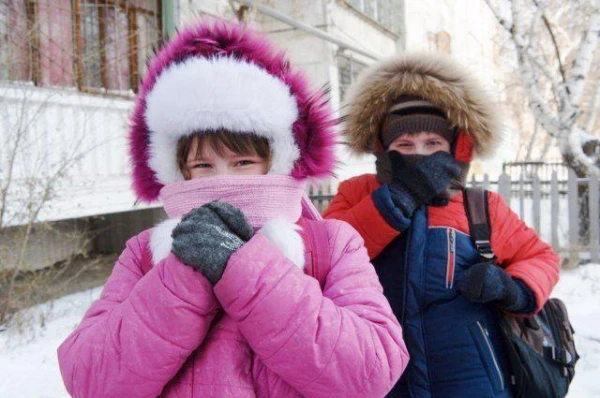
The clock change negatively affects people's biorhythms and well-being, especially for the elderly, and does not provide significant benefits for the economy, stated Tiiu Tambbaum, a lecturer at Tallinn University and a researcher at the Estonian Centre for Demography, as reported by RUS.ERR. According to her, older people find it especially difficult to cope with the transition, but the consequences affect everyone.
According to the specialist, changing the time disrupts all the fundamental principles of a healthy lifestyle - from sleep and nutrition to emotional well-being.
"The most important thing is sleep. Changing the clock disrupts the sleep rhythm, affects eating and movement patterns, adds stress, and creates confusion even in communication with loved ones. Natural life does not happen in leaps; a person adapts gradually - just as the sun rises minute by minute, not hour by hour," emphasized Tiiu Tambbaum in a comment to "Aktuaalne Kaamera" and the Rus.ERR portal.
She noted that the very idea of changing the clock came from a collectivist society where everyone had to live and work according to a unified schedule.
"But we have long been living in an individualistic society, where flexibility and consideration of personal characteristics are important. This is a very Soviet, collectivist approach. Moreover, changing the clock does not provide any benefits for a market economy," said the expert.
According to Tambbaum, older people find it especially difficult to cope with the transition, but the consequences affect everyone.
"It is harder for older people to adapt, but overall it is a stress for any person," she noted.
The expert believes that the best solution is to completely abandon the clock change.
"If it is still maintained, then it is worth preparing in advance - gradually shifting sleep and wake times by 5–15 minutes a day, so that the body can adapt more easily," advised Tiiu Tambbaum.
On the night from Saturday to Sunday, from October 25 to 26, Estonia will switch to winter time. In this regard, at 4 a.m., the clock hands will need to be set back one hour.
All European Union countries switch to winter time. The transition to winter time is carried out not according to local time, but according to Greenwich Mean Time. This means that Estonia will change the clock hands not at midnight, but at 04:00 local time.















Leave a comment